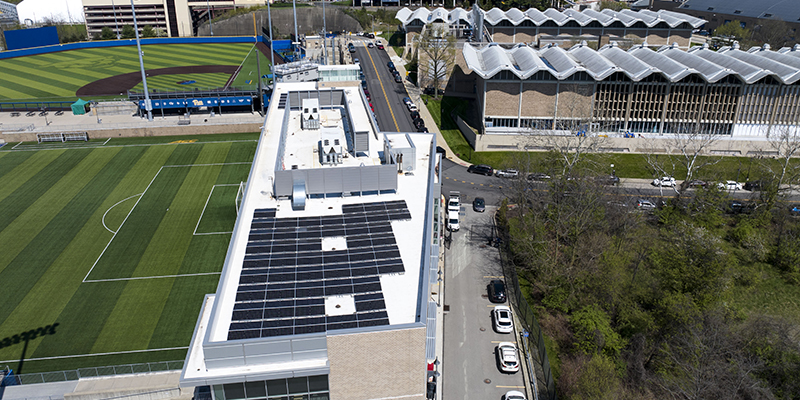
We recognize that our current models of consumption and production are unsustainable. We envision communities that thrive within planetary boundaries while developing and implementing solutions that provide equitable and just opportunities for all.
This thrust is dedicated to exploring and promoting regenerative solutions that advance quality of life within the natural limits of planet earth with a specific focus on just energy transitions, water sustainability, and circular materials flows.
Through collaboration, innovation, and community engagement, we seek to create a more equitable, sustainable, and regenerative world for current and future generations.
Lead:
- Götz Veser, Professor of Chemical Engineering, University of Pittsburgh
Related projects follow.

Food rescue platforms rely on volunteers to deliver food to low-resource communities to fight food insecurity, but volunteer engagement is a main challenge in operations. This research looks to address the “right” demographic of volunteers to recruit, how to effectively engage them, and when to do so.
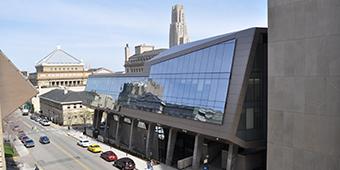
Liquid metal catalysis can be utilized as both heat transfer and catalytic agent for conversion of complex and contaminated feedstocks to valuable products or for circular reuse.
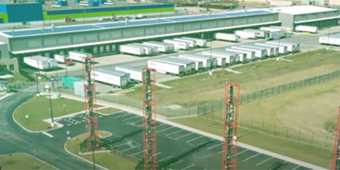
This project seeks to expand and enhance students' understanding of sustainable approaches to supply chain management by developing an undergraduate elective course for students both in and outside of the business school which addresses the significant role that supply chain management plays in companies' ESG initiatives.
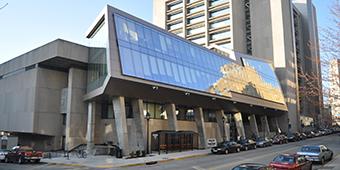
The objective of this research is to explore the feasibility of designing and engineering subcellular bioreactors to selectively concentrate and convert metal ions to particles in support of circular economy strategies.
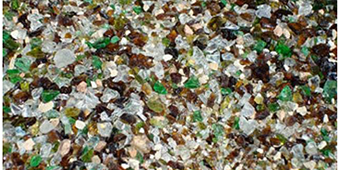
This project seeks to develop a glass formula capable of being sustainably manufactured which assists in reducing energy consumption by increasing the amount of light allowed to pass through the glass.
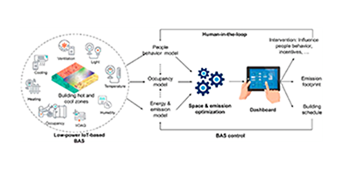
This research seeks to optimize the energy efficiency of buildings on Pitt's campus by using sensors to collect data on how occupants interact with buildings and using said data to identify opportunities for reducing lighting and/or HVAC use.
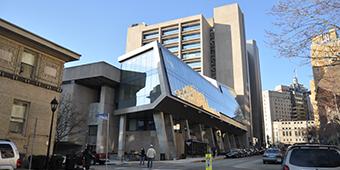
Polyoxacylobutane (POCB) has unique properties that allow its use for thermal desalination. POCB is environmentally-benign, non-flammable, and has no global warming potential. This research aims to create a benchtop process for continuous desalination.
